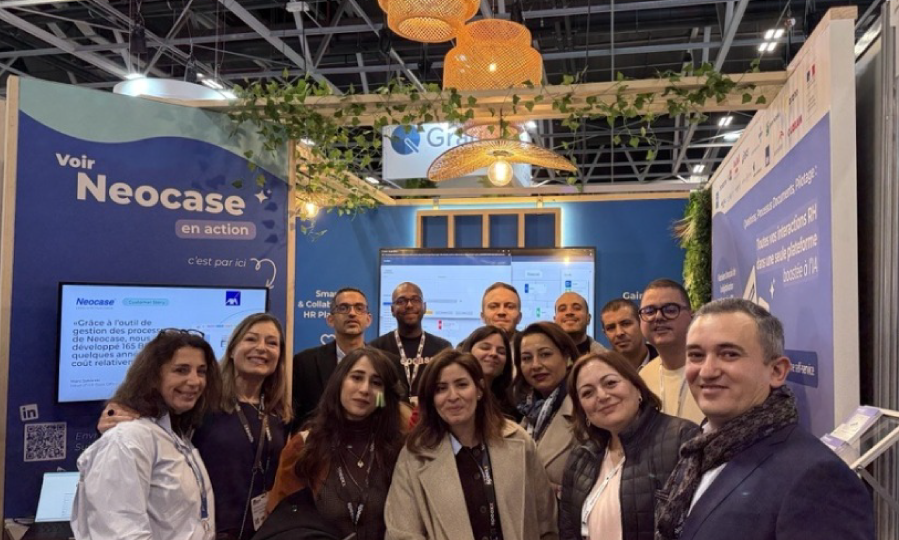HR TRENDS
Retention means paying attention

SHARE THE ARTICLE ON

The health crisis has shown that companies must pay close attention to employees’ needs. Listening has become a priority and the focus is on making work meaningful, sharing and ensuring recognition through feedback.
Retaining key resources is an important current topic. The health crisis has reshaped the employability of employees who are now looking to focus on personal satisfaction, related either to their work or to a better work/life balance. The crisis has often allowed them to become more aware of their true desires and priorities. Many of these employees have begun to question the nature of their work and are asking companies to give a sense of meaning and purpose to their jobs. With a desire to be useful and independent, some have opted for a career change. We have seen that new smaller companies were created during the pandemic. Le Figaro did a cover story on the topic in January, with nearly 1 million companies created in 2021! Employees that decided to stay with their company often had higher demands, asking that their personal situations as well as difficulties related to working from home be taken into account. HR departments were overwhelmed and the quality of life at work became an important factor in keeping employees while maintaining productivity and performance working from home.
Assessing the quality of life at work during career interviews
Interviews should now also include how employees feel, to better assess the work environment and improve retention and engagement. They should be more standardized and structured. However, HR does not yet have the tools to efficiently measure the quality of life at work. Many evaluation platforms are available on the market, but these are marketing tools that do not always allow you to leverage data to set up in-depth analysis. Analyzing data is the essential step to create an efficient quality of life at work policy that will be based on innovative methods implemented within the company. The job market has become tight, with an absentee rate that increased in 2020 during the pandemic (from 4.18% in 2019, to 5.04% in 2020, a 20% increase, according to Gras Savoye Willis Towers Watson) and a current lack of motivation. Companies can thus no longer ignore such policies.
Adapting management methods
The quality of life at work is based on good working conditions - both physical and organizational - but it also comes from good management. During the pandemic, people felt a lack of purpose and insufficient career advancement perspectives. Many employees worked hard during the lockdown and teleworking periods and were subjected to stress and burnout. Some employees were unable to handle working from home and felt isolated.
We now therefore need to offer long-term solutions to employees to adapt to new work methods and implement new tools that will help managers work with their teams. After having been accused of trying to make work more flexible, companies now need to develop their agility in managing the work conditions that employees expect. The objectives must be clear and include recognition of the work accomplished. Remote working should be collaborative and based on methods that include the use of good practices and teamwork. Managers should give greater freedom and more responsibility to their teams and make the work meaningful. In addition, social interaction must be maintained.
A strong employer brand to attract talent
CEOs and HR departments need to work together and clearly make listening and paying attention their focus in the long-term. Companies now need to attract people through the recruitment and onboarding process. Potential employees can have access to applications that will help them understand the company better and integrate more easily. Onboarding platforms have been very popular in this respect. All resources must be deployed to integrate new employees. They need to have the impression they belong to the company as early as possible, so they do not change their minds before the end of their trial period. A sense of community needs to be created quickly to help strengthen this feeling of belonging, even when working remotely. To conclude: we need to focus on people!




